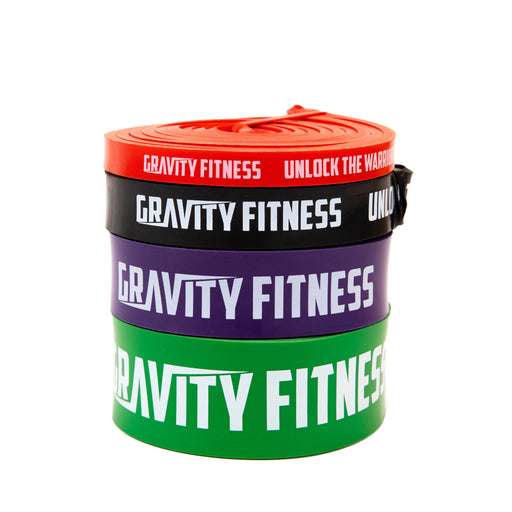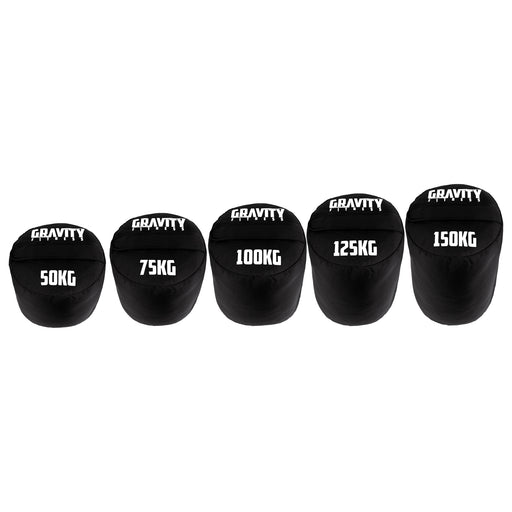
Are vegetables as healthy as we think?
Are vegetables as healthy as we think?
What’s the latest research on the true health benefits of eating lots of vegetables?
Healthy eating can be a minefield, but there are some rules that seem to stand the test of time. Advice has always been to eat plenty of vegetables, with the benefits ranging from gut health to weight management. But is this always true? Are all vegetables healthy? And are there any downsides to eating vegetables?
Latest research on healthy eating vegetables
The field of nutrition research is always evolving, and in 2022 a large-scale study carried out by Nuffield Department of Population Health at the University of Oxford, the University of Hong Kong, and the University of Bristol found there is actually no evidence that eating vegetables positively affects your risk of cardiovascular disease. And since heart disease and other CVD is one of the biggest causes of death, it’s useful to know what does (and doesn’t) impact our risk.
A healthy diet is really important for your short term and long-term health. But this new research suggests that eating large amounts of vegetables might not be as healthy as we once thought, especially if you don’t pay attention to other important nutrition habits.
Drawbacks to eating vegetables
It seems that moderation is important even when it comes to eating vegetables. If you focus too much on vegetable consumption and overdo it, you risk neglecting other important areas of your diet including healthy fats and protein. This could have significant knock-on effects including weight loss, lack of energy, and problems with your skin and hair and even your hormones (all of which need fats).
Are vegetables toxic to eat
Vegetables do contain toxins, but that doesn’t mean they are poisonous or even dangerous to eat. Plant toxicity in vegetables refers to the defence toxins that vegetable plants give off to protect themselves from predators. Some people believe this means certain vegetables should never be eaten (or never eaten raw) but there’s no scientific evidence to back this up. Yet?
Vegetables with the highest levels of toxins are potatoes, onions, celery, tomatoes, bell peppers and leafy greens. If you feel there’s something in the plant toxicity argument, it’s worth cutting these out and monitoring how you feel.
Should you cook vegetables or eat them raw
Are cooked vegetables healthier than raw vegetables? Does cooking get rid of the nutrients in veggies? Does it matter whether you boil, steam, grate, bake or roast your veggie intake?
It depends. Studies show that certain vegetables benefit from being cooked – in particular tomatoes, spinach, peppers and mushrooms. This is mostly because cooking breaks down the thick cell walls and helps the body use the nutrients. On the flipside, cooking vegetables can slightly reduce the amount of key vitamins you get from the food (including Vitamin C).
There’s no clear answer about cooked vs raw vegetables. The take home point seems to be to do what works for you. If you enjoy raw vegetables and digest them well, go for it. If cooking vegetables is the only way you’ll eat them, do that.
Adapting the amount and type of vegetables you eat is one of the cheapest and easiest adjustments you can make to your lifestyle. As with everything, moderation and balance are key. Don’t neglect your veggie intake but don’t build your entire diet around them either.
Gravity Fitness is here to support your health and fitness journey with well-priced, well-designed calisthenics equipment for your home or gym. Take a look at our full range – including our latest designs and re-designs – here. Whilst Gravity does not sell nutrition products we do partner with PHD nutrition who offer a great Greens Powder.










































